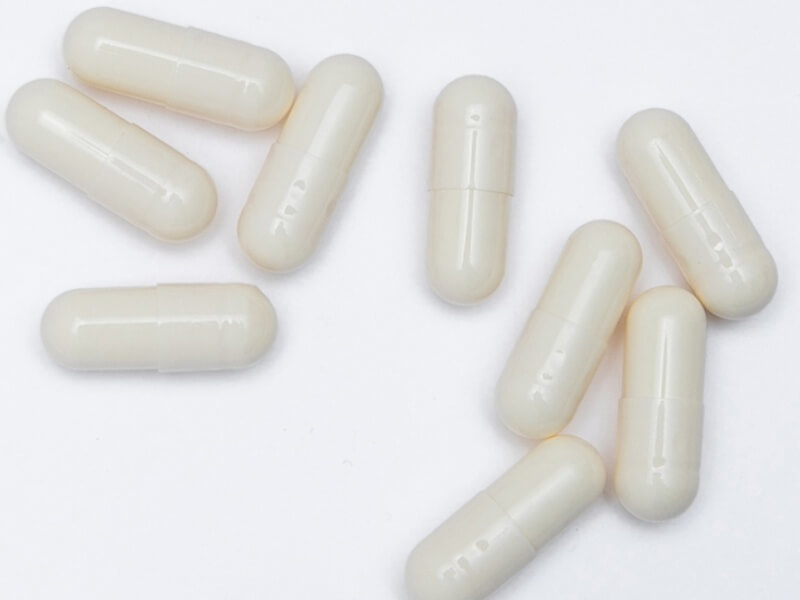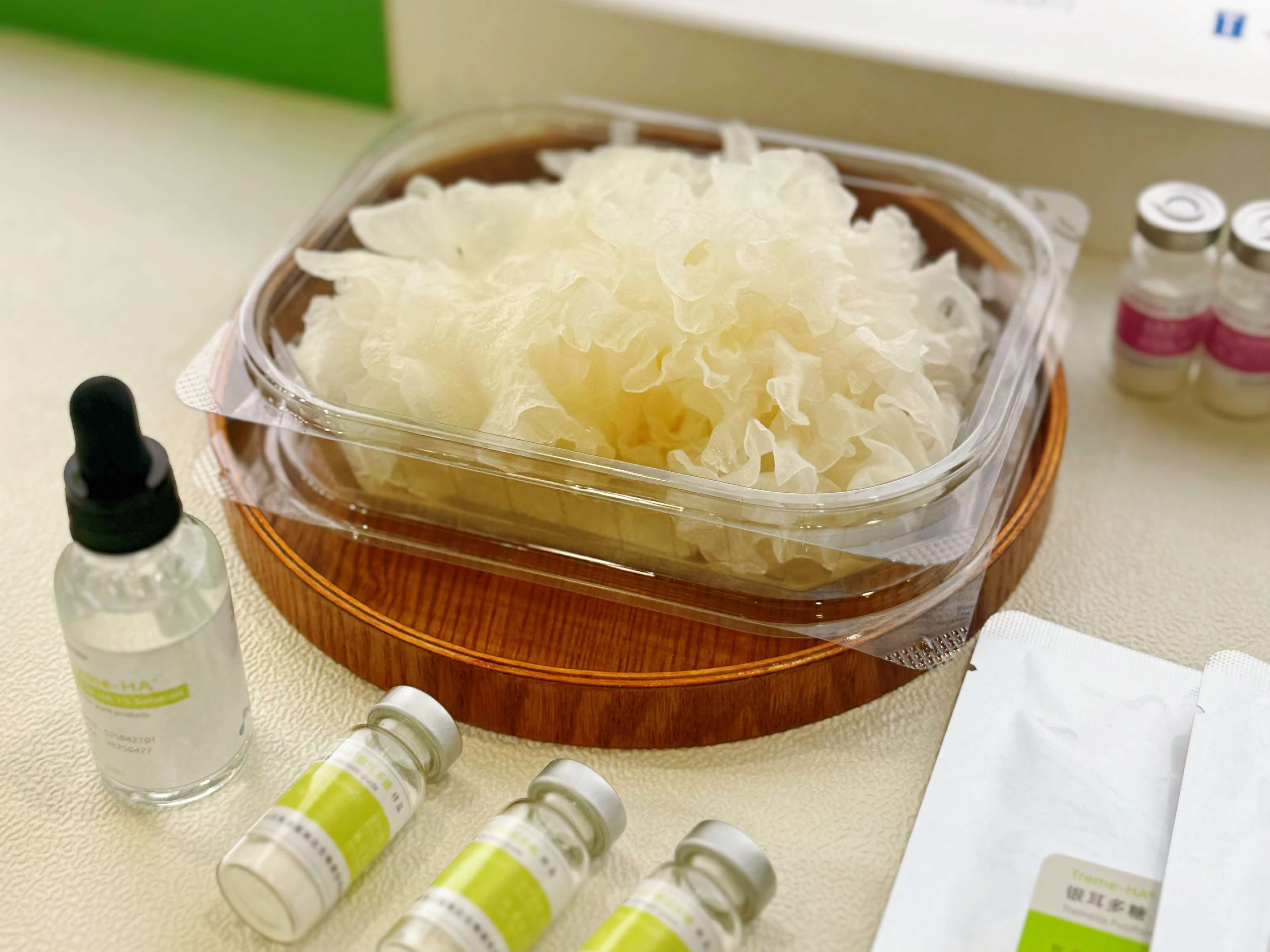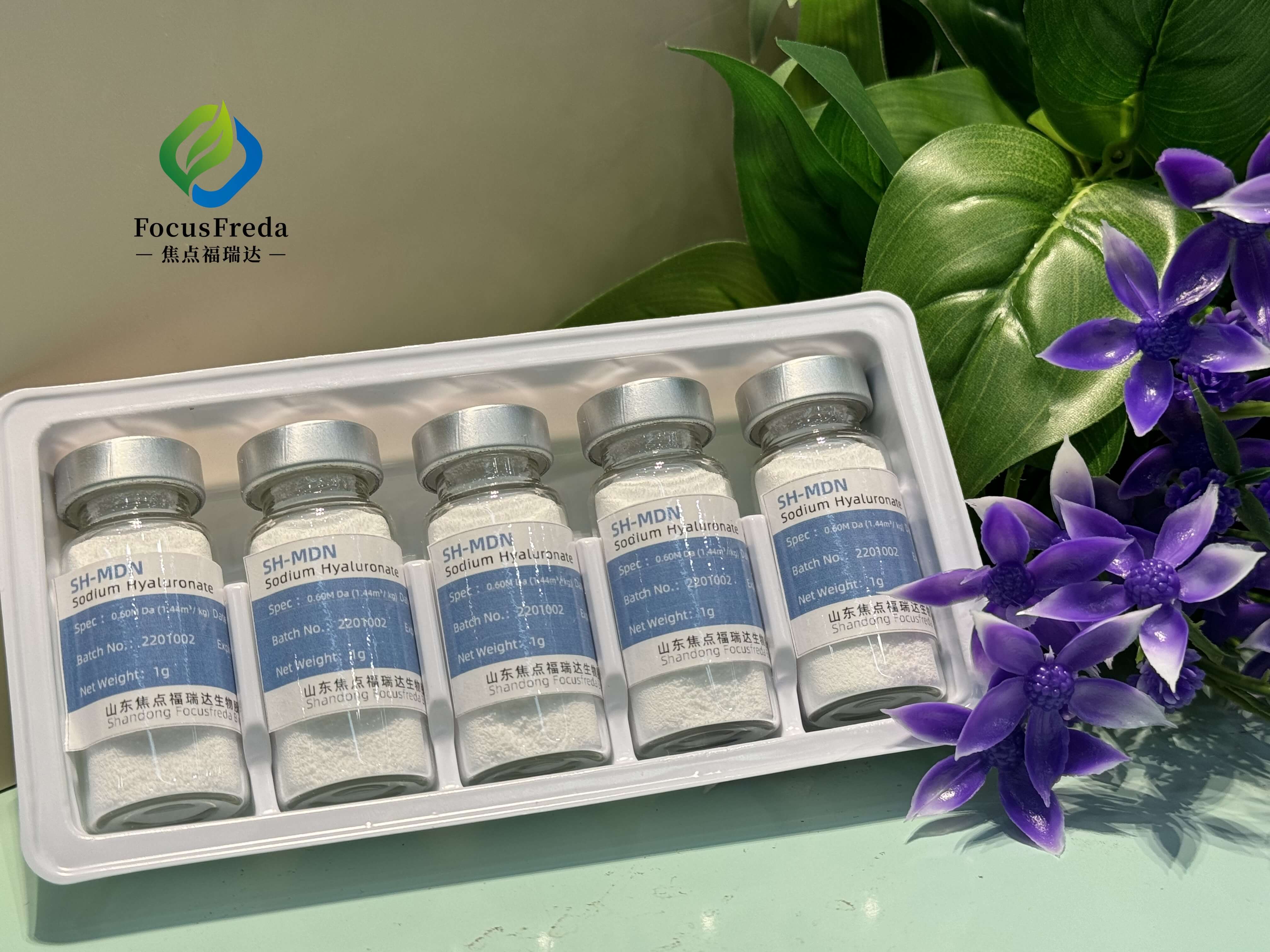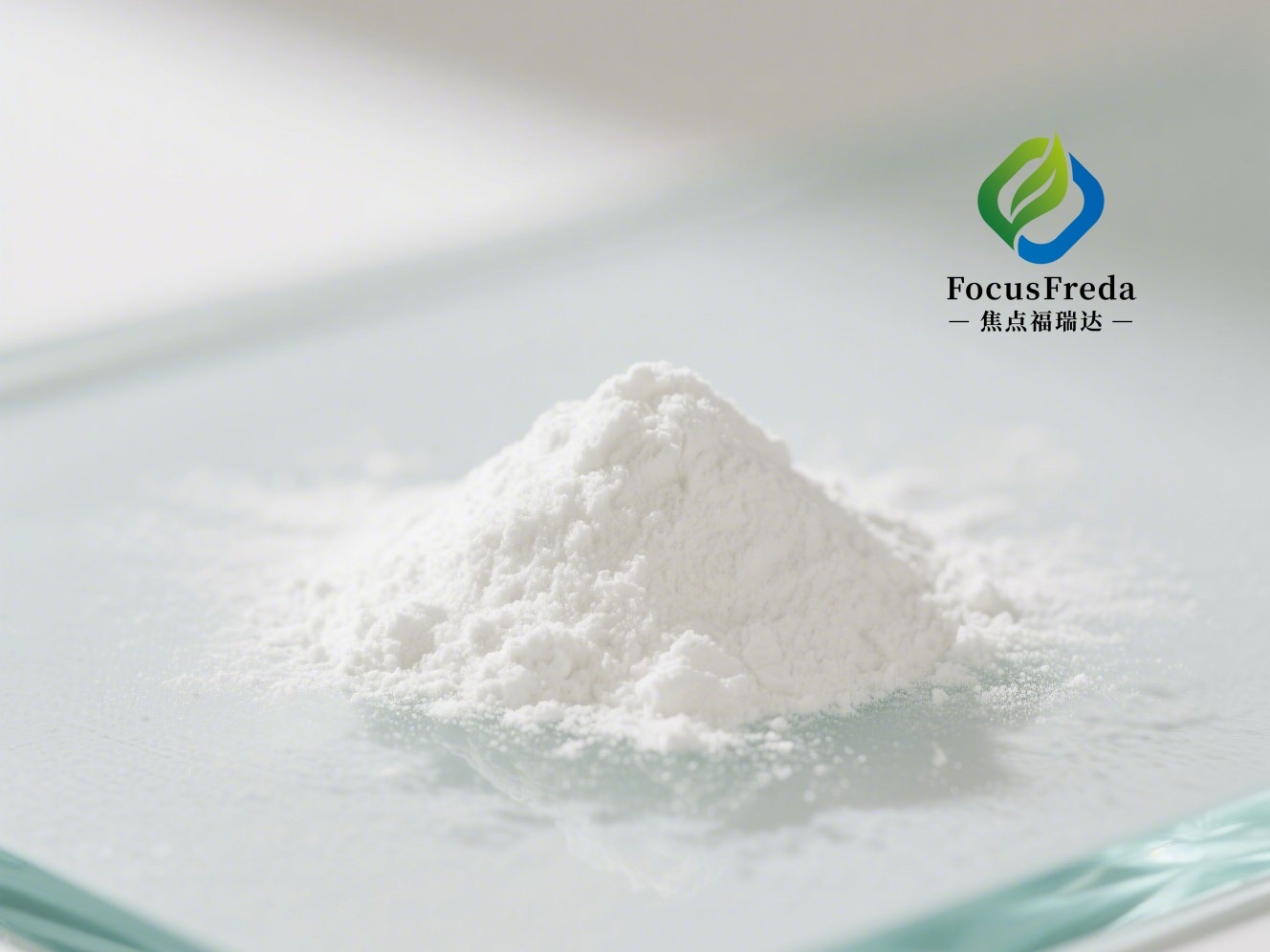How Does Hyaluronic Acid Help Dry Eyes?
Release time:
2025-03-13
Understanding Dry Eyes and Their Causes
Dry eye syndrome (DES) is a common condition that occurs when tears are unable to provide adequate lubrication for the eyes. Factors such as aging, prolonged screen time, environmental conditions, and certain medical treatments can contribute to dry eye symptoms, leading to discomfort, irritation, and visual disturbances.
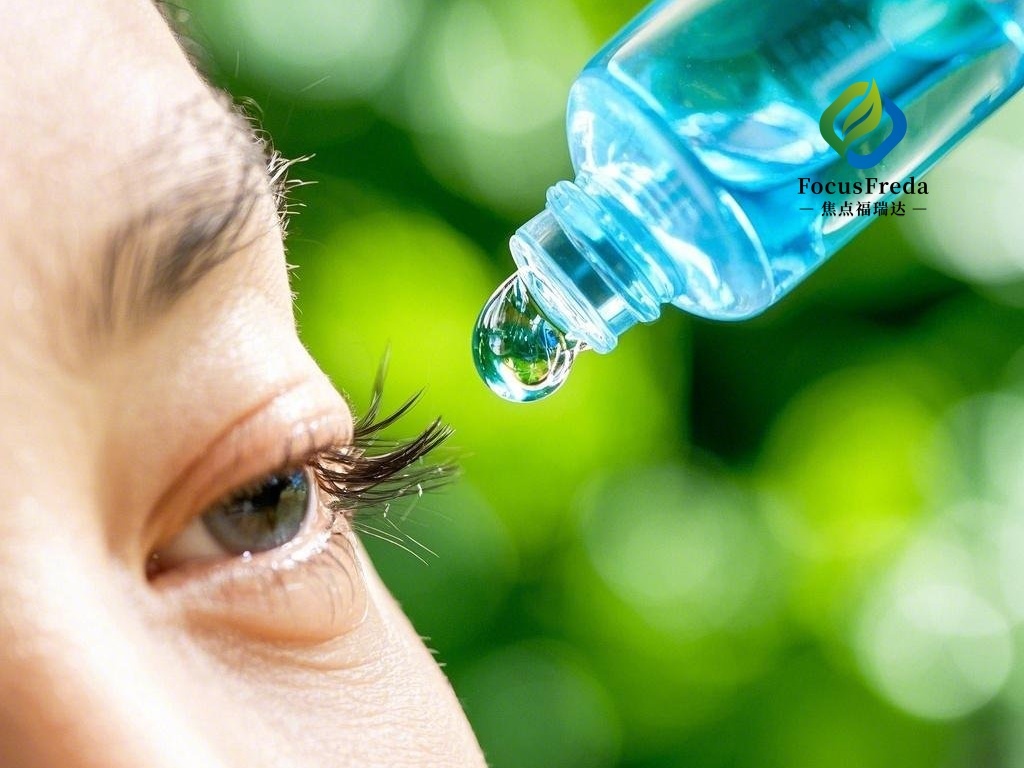
The Role of Hyaluronic Acid in Eye Hydration
Hyaluronic acid for dry eyes has gained significant attention for its role in eye hydration and protection. Due to its exceptional water retention properties, HA is widely used in artificial tears and lubricating eye drops formulated to relieve dry eye symptoms.
1. Improved Tear Film Stability–HA for dry eyes enhances the quality and stability of the tear film, preventing rapid tear evaporation and ensuring prolonged eye lubrication.
2. Enhanced Ocular Surface Protection–By forming a moisture-retentive barrier, HA eye drops shield the corneal epithelium from environmental stressors and mechanical friction caused by blinking.
3. Anti-inflammatory Effects–Studies suggest that hyaluronic acid eye drops possess mild anti-inflammatory properties, which can help alleviate eye irritation and redness associated with dry eye syndrome.
4. Compatibility with Contact Lenses–HA-based eye drops are often compatible with contact lenses, offering hydration without causing discomfort.
5. Wound Healing Support–In cases where dry eyes lead to corneal microdamage, HA eye drops can facilitate epithelial regeneration and repair.
Clinical Applications
Hyaluronic acid for dry eye relief is commonly incorporated into artificial tears, lubricating eye drops, and ophthalmic gels designed to treat dry eye syndrome. Its natural biocompatibility ensures minimal side effects, making it suitable for long-term use. Additionally, HA eye drops are used in post-surgical eye care to promote healing and reduce post-operative dryness.
As a professional manufacturer of sodium hyaluronate raw materials, Focusfreda provides high-quality eye drop-grade sodium hyaluronate to support the development of advanced ophthalmic formulations.

BLOGS
Can a Capsule Hydrate Your Skin? Yes—If It’s Hyaluronic Acid or Sodium Hyaluronate
Discover how oral hyaluronic acid supplements improve skin hydration, elasticity and inner beauty.
Which Natural Skincare Ingredient Has a Million Molecular Weight?
Discover which natural skincare ingredient has a molecular weight of one million Daltons. Learn how Tremella fuciformis (snow mushroom) works as a plant-based moisturizer to hydrate and protect your skin naturally.
Similarities and Differences between Sodium Hyaluronate Powder and Aqueous Solution
Explore how sodium hyaluronate powder and solution differ in use and form. Focusfreda offers both to meet your custom formulation needs.
As a Sodium Hyaluronate Sales Manager, What Questions Do We Ask Our Customers?
Discover key questions sodium hyaluronate sales managers ask customers—from application needs to certifications—to build trust and tailor solutions. Partner with Focusfreda for expert support.
Does Sodium Hyaluronate Have a Color?
Does sodium hyaluronate have a color? Learn whether this popular skincare and medical ingredient is truly colorless, and why its clear appearance makes it ideal for various formulations.
Can Hyaluronic Acid (Sodium) Be "Customized To Individual Needs"?
Can skincare ingredients be customized like ordering coffee? Focusfreda's sodium hyaluronate liquid solution offers diverse molecular weights and efficacy combinations for tailored skincare formulas!



